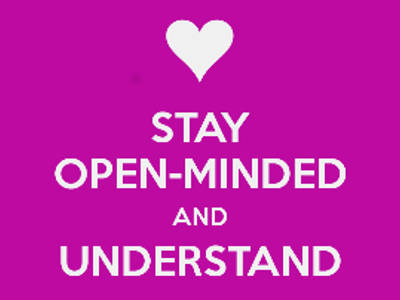Open Questions, Open Minded
By InterCHANGE Associate Catherine Hamilton
“I can’t believe that using an open question has made so much difference”
This was the comment from a participant discovering the impact of being asked open questions during a coaching session. Up until that point she had firmly believed that closed questions helped the talker solve problems and move on faster and better. I love those moments when self-realisation triggers a new belief and I know this participant will be motivated to use open questions going forward.
20 Questions
I am sure many of you have played 20 questions to guess something. When I use this game to introduce the power of effective questions I begin with: “You can ask me any questions to guess my hobby except What is my hobby?” Invariably people ask closed questions resulting in me saying either ‘yes’ or ‘no’ and the questioners getting frustrated! I then call Time Out and we explore what is happening. Not only are the questions closed but they are also coming from a biased perspective influenced by what they want confirming.
 Participants defend their closed questions from a position of “normality”- and not everyone is convinced when I challenge their conviction that it is quicker to get to the answer by asking closed questions. So, we practise only open questions having explored what this means. We all know the “W’s and H” but still find it hard to remember to use them or we put a Do you/Would you/Could you at the front of what may otherwise be a great opening question. Or we provide a couple of options for an answer in our eagerness to help our talker resolve their issue or problem!
Participants defend their closed questions from a position of “normality”- and not everyone is convinced when I challenge their conviction that it is quicker to get to the answer by asking closed questions. So, we practise only open questions having explored what this means. We all know the “W’s and H” but still find it hard to remember to use them or we put a Do you/Would you/Could you at the front of what may otherwise be a great opening question. Or we provide a couple of options for an answer in our eagerness to help our talker resolve their issue or problem!
My mantra of “helping them help themselves”, encourages us to stop giving the answers, or thinking we know best unless there really is only one answer! But check whether this is just your answer as opposed to THE answer. The person who solves their own problems develops self-awareness and is far more motivated to carry out that idea and take responsibility for the outcome – positive or negative.
In the spirit of open questions, we need also to remain open minded in our listening to ensure we are remaining neutral with our questions. Our judgements can be seen with raised eyebrows, gasps, looking away or just not doing the smiles and nods that we have previously been giving when listening. To remain truly neutral yet offering empathy we need to clear our mind of solutions and our perspective as being better or right. We need to be on their agenda and not our own.
“The mind is like a parachute. It works best when it’s open” Dalai Lama
And finally, we need to create a safe space where people feel able to be open. We can achieve this by paying attention to our body language, tone of voice and the language we use. Waiting for the talker to finish their point and being comfortable with pauses helps the talker reflect on what they are saying and decide for themselves what else they want to share.
Providing time and space to talk is so often underestimated yet the impact of only 5 minutes of being really listened to is huge. Training mentors recently and breaking another myth that they needed to have all the answers to be effective, allowed them to realise the benefit of articulating out loud what was in their heads, without their listener responding with an answer. Back to helping them help themselves and enabling them to unstick or unblock and make sense of their own worries or issues, just by thinking it through with someone prompting and encouraging them to explore.
Let us know how you get on.

Leave A Comment